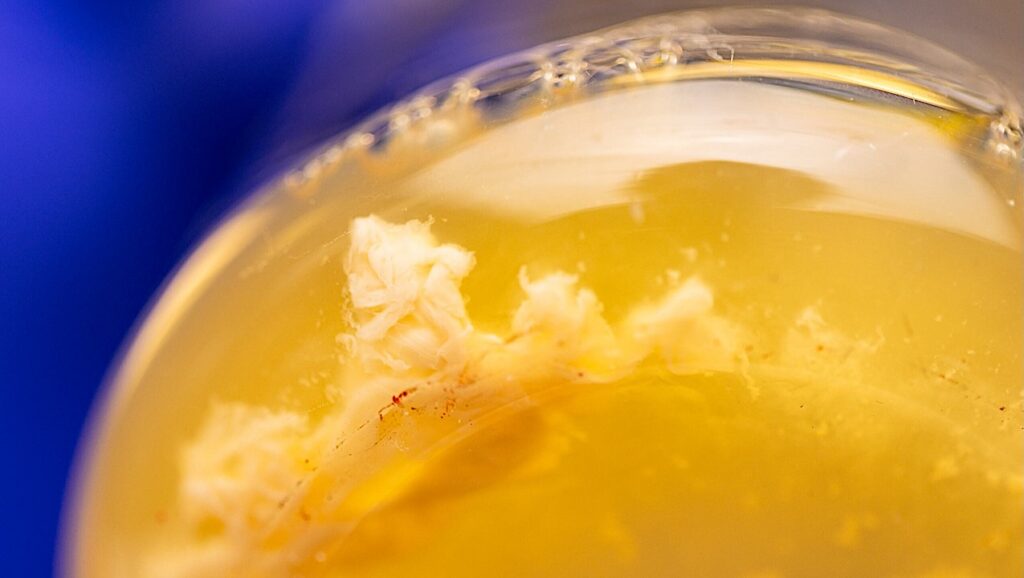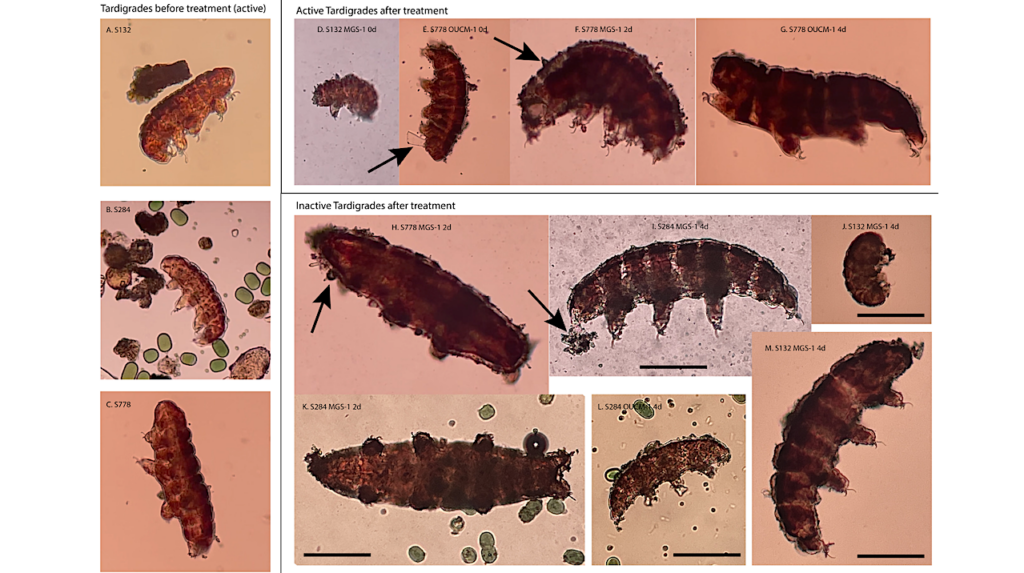NASA Selects Two Consortia to Advance Life Sciences Research in Space

NASA announced two awards Thursday to establish scientific consortia – multi-institutional coalitions to conduct ground-based studies that help address the agency’s goals of maintaining a sustained human presence in space. These consortia will focus on biological systems research in the areas of animal and human models, plants, and microbiology. When fully implemented, the awards for these consortia will total about $5 million.
Space biology efforts at NASA use the unique environment of space to conduct experiments impossible to do on Earth. Such research not only supports the health and welfare of astronauts, but results in breakthroughs on diseases such as cancer and neurodegenerative disorders to help protect humanity down on the ground.
The awards for the two consortia are for the areas of studying the space biosphere and converting human waste into materials for in-space biomanufacturing.
Proposals for these consortia were submitted in response to ROSES 2024 Program Element E.11 Consortium in Biological Sciences for a consortium with biological sciences expertise to carry out research investigations and conduct activities that address NASA’s established interests in space life sciences.
NASA’s Space Biology Program within the agency’s Biological and Physical Sciences division conducts research across a wide spectrum of biological levels and model systems to probe underlying mechanisms by which organisms acclimate to stressors encountered during space exploration (includingmicrogravity, ionizing radiation, and elevated concentrations of carbon dioxide). This research informs how biological systems regulate and sustain growth, metabolism, reproduction, and development in space and how they repair damage and protect themselves from infection and disease.
Additional details, including the awardees and organizations, can be found on the NSPIRES website linked above and at the link below:
Dr. Lynn Harrison
Program Scientist, Biological and Physical Sciences Division
Science Mission Directorate
NASA Headquarters
Astrobiology, space biology,








